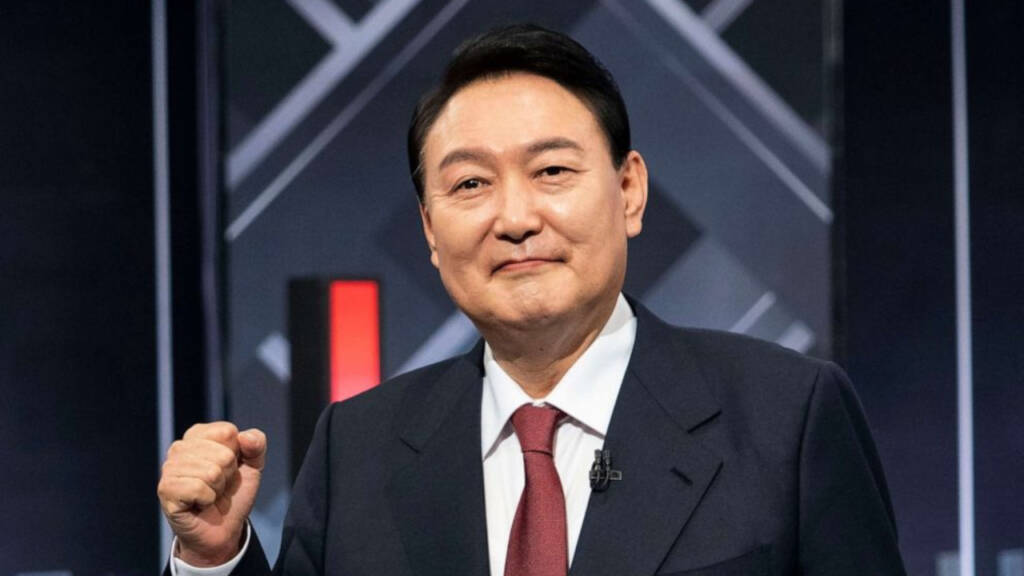South Korea Egypt arms deal: In a stunning display of prowess, South Korea has emerged as the reigning champion in the global arms market, landing decisive blows to Spain and Japan. With its skyrocketing arms export industry, South Korea is flexing its muscles and securing monumental deals, solidifying its position as a rising powerhouse in the defense sector.
Background: A Meteoric Rise in Arms Exports
While the conflict between Russia and Ukraine has triggered a worldwide push to bolster arms production and sales, South Korea has soared to the top without directly arming Ukraine. In 2022 alone, South Korea’s arms exports shattered records, surging to a staggering $17.3 billion—a jaw-dropping 140% increase. This impressive feat includes deals worth a whopping $12.4 billion in sales to Poland, leaving no doubt about South Korea’s prominence in the international arms trade.
The Stockholm International Peace Research Institute revealed that South Korea experienced the most substantial surge among the top 25 global arms exporters from 2017 to 2021.
Moreover, Hanwha Aerospace, the country’s premier defense contractor, plans to triple its production capacity by year-end, underscoring South Korea’s unwavering commitment to expanding its defense industry.
Earlier, South Korea also signed a $1.6 billion deal to sell arms to Egypt. The deal included providing K9 self-propelled howitzers to Egypt which was the country’s biggest export contract for the weapon.
Past Victories and a Reinforced Supply Chain
South Korea’s success extends beyond international arms exports; it has maintained an unyielding domestic military supply chain. Unlike the US and other major European arms-producing nations that have struggled to meet demand, South Korea has skillfully met the needs of its armed forces and solidified a robust domestic supply chain. This accomplishment further cements its position as a formidable player in the defense arena.
The News: Canada’s Quest for Submarine Alternatives
Now, in a bold move to replace its aging submarine fleet, Canada is actively exploring options and seeking potential collaborations. Traditional suppliers, including the United States, are feeling the heat as Canada ventures into uncharted waters. Amidst this search, South Korea has emerged as a front-runner, offering its KSS-III submarines to Canada—an offer that the Canadian government is eagerly poised to accept. This monumental Egyot arms deal would not only be a triumph for South Korea but also a blow to Spain and Japan, both backed by the United States, as they see their chances dwindle to supply submarines to one of America’s staunchest allies.
The Perfect Fit for Canada
Military experts unanimously agree that South Korea’s KSS-III submarines, Japan’s Taigei-class submarines, and Spain’s S-80 Plus-class submarines present viable options to replace Canada’s aging fleet. However, with Japan lacking experience in exporting submarines and the S-80 Plus grappling with development issues, South Korea’s KSS-III has taken the spotlight as the superior choice and is very close to clinching the deal.
If the agreement is finalized, the deal is expected to surpass a staggering value of 60 trillion won ($44.9 billion), accounting for not only the submarine’s price tag of approximately 1 to 2 trillion won but also the overall costs, including maintenance.
Implications: South Korea Ascends as a Global Defense Powerhouse
South Korea’s ascendancy as a formidable player in the defense industry is indisputable. Its record-breaking arms exports, relentless domestic supply chain, and triumph in securing the potential submarine deal with Canada firmly establish South Korea as a rising star in global defense. The world now bears witness to South Korea’s knockout punches to Spain and Japan, solidifying its place among the elite in the realm of arms production and sales. Thus, it looks like the stage is set, and South Korea is ready.
https://www.youtube.com/watch?v=71WqbJKgwcE
